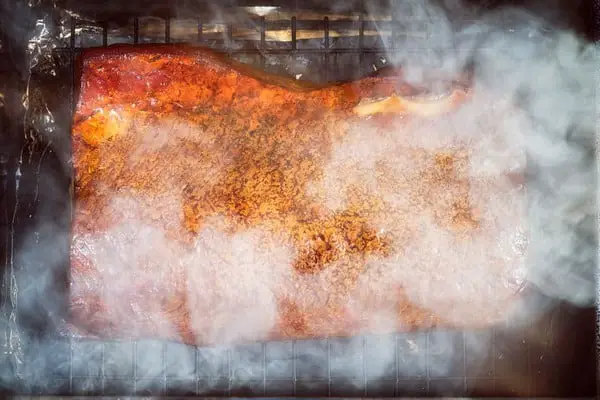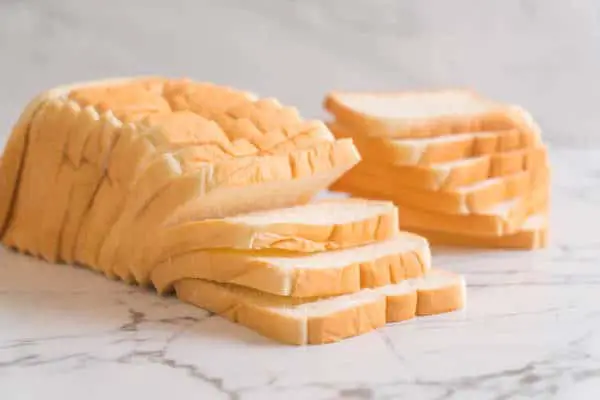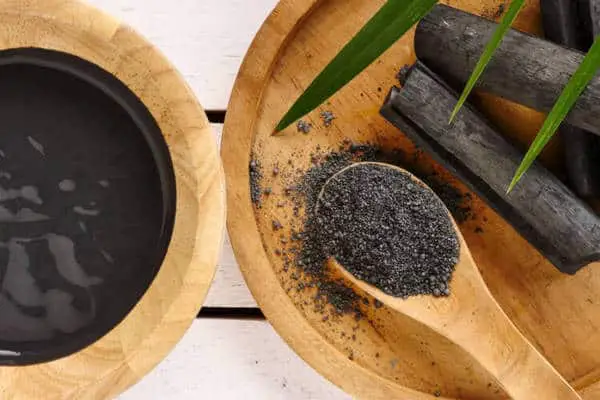
There’s no denying that charcoal is one of the trendiest ingredients in beauty and skincare right now. Indeed, many people are using activated charcoal to draw skin impurities out from within their body pores.
But, can you use grilling charcoal for a face mask? Short answer – Yes. If you are a charcoal face mask aficionado, you can use the grilling charcoal and potentially reap the same benefits of activated charcoal. All the same, grilling charcoal most likely will not have the required absorption capacity as activated charcoal.
While there isn’t much research to support the use of charcoal for skin health, its effectiveness in improving tone, texture, and overall skin condition is evident from an unscientific angle. You will learn everything you need to know about charcoal face masks before trying them in this post. Read to discover how your skin may benefit.
Can you use grilling charcoal instead of activated charcoal for face masks?
Generally, the stuff sold as fuel for grilling in either briquettes or real wood lump form is not recommended for use in face masks. While this type of charcoal has its degree of absorption, it might not be fully pyrolyzed to offer the benefits of activated charcoal.
In most cases, the common charcoal briquette contains binders and burning retardants, which makes it a poor choice for use in face masks. On the other side, real wood lump charcoal that has not been fully pyrolyzed will have ineffective absorbing property, meaning you will have to use a larger quantity to compensate.
If you are looking to harness the power of charcoal masks, it is good to note that charcoal is used for its permeability. Considering that activated charcoal has been treated to remove impurities and open up the grain charcoal to optimize reaction sites for adsorption, it is an excellent beautifying agent that anyone can use to improve their skin condition.
If you must use grilling charcoal, particularly real wood lump charcoal, for a face mask, make sure to crush it properly. That way, it won’t act as an abrasive, meaning you won’t scratch your skin when applying. Finely ground ordinary charcoal has a relatively high absorbency and could give the same results as activated charcoal.
Benefits of a Charcoal Mask
Activated charcoal has become a popular ingredient in many personal care products, including lotions, cleansers, soaps, and toothpaste. That said, it should be no surprise that it is now one of the sought-after ingredients for facial masks – proponents claim that it can give a full face glow-up.
Even though charcoal face masks might not be the ultimate solution to your skin problems, some anecdotal evidence supports its skin benefits. So as experts work to unleash possible long-term effects of charcoal masks, here is what these masks might do:
Improving acne: An accumulation of sebum, dead cells, and bacteria can clog your pores, causing acne breakouts which can lead to painful redness, irritation, swelling, and scarring. The good news is that charcoal face masks offer a natural remedy to this less than pleasant condition. The antibacterial properties and porous properties of activated charcoal remove the bacteria and impurities trapped in your pores, which helps improve the overall complexion.
Removing impurities from the skin: Research has shown that charcoal can absorb toxins in the human body, a reason why some beauty professionals believe that charcoal face masks can help draw impurities and dirt from your skin. Anecdotal evidence claims that the mask attracts impurities leaving you with healthier skin.
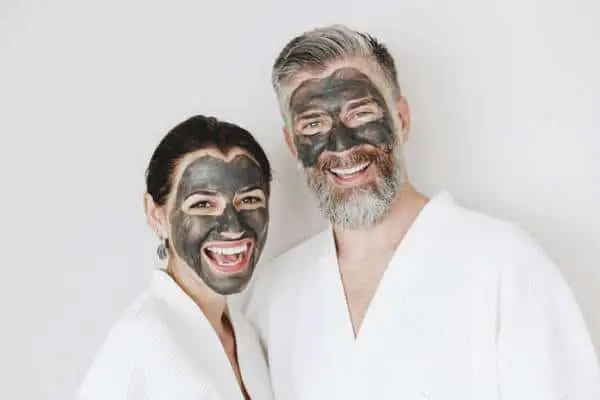
Charcoal masks help control oiliness: A charcoal mask can help balance the oil secretion on the skin. This makes a perfect go-to beauty ingredient for people with oily, blemish-prone skin. Anyone can also benefit from a charcoal mask during the summer months when oil secretion is more than usual.
Treat insect bites: Bug bites are painful and cause itching and swelling. Thankfully, a charcoal mask neutralizes the toxins in insect venom; therefore, take the sting out of a bug bite by
Gently exfoliates: Thanks to its granular yet soft texture, finely grounded charcoal serves as a natural exfoliant. It gently and effectively eliminates dead cells, leaving you with bright and beautiful skin.
Minimizes pores: With its oil-absorbing superpowers, the charcoal mask paks the power to unclog your pores, which leaves you with a clearer face free from nasty impurities that can cause whiteheads that more often than not result in stubborn blackheads.
Treat skin conditions: Apart from its absorption, which purifies pores, charcoal has antibacterial and antifungal properties that can help damaged skin heal. Although there is very little research in this area, there are claims that charcoal masks may help with eczema and psoriasis,
Charcoal has a host of beauty benefits that anyone can tap. Interestingly, charcoal benefits are not limited to brightening your complexion. Finely founded charcoal can be used in poison treatments, reducing cholesterol levels, whitening teeth, improving gastrointestinal problems, and helping with kidney issues.
Risks of using charcoal face masks
There is very scanty research done on the risks of using charcoal faces. And while charcoal face masks are generally considered safe, overuse can cause skin dryness, redness, and sensitivity.
Anecdotal evidence shows that the end result after applying charcoal face masks multiple times is a clear, smooth face. But to be honest, people’s skin responds differently to beauty products. Here are some reasons why you may be reluctant to use a charcoal face mask.
Removing a charcoal mask can hurt: There is no denying that a charcoal face mask will deliver all its benefits. However, when removing it, you may find yourself screaming as if you were being skinned alive. Well, you will become beautiful, but why should you suffer to become beautiful?
Charcoal masks can peel off layers of skin: This is probably the reason why removing charcoal masks hurts like hell. Apart from eliminating skins of dead cells, removing the mask is disappearing with your skin layer. To make it worse, it peels off the skin, that layer that protects your face from elements.
They remove natural oils: The blackheads on your face are not really blackheads; they are sebaceous filaments that are naturally supposed to be on you and, of course, useful for your skin. Unfortunately, charcoal masks pull out these much-needed natural skin oil. Although your skin will most likely recover without issues, continued use with similar effects can cause irritation, which can create other issues.
Charcoal masks can cause acne and infections: While anecdotal evidence shows that charcoal face masks reduce and possibly eliminate acne, it is not always the case. Using charcoal masks may worsen your skin condition after removing the mask. In fact, some masks can cause infection, scarring, and hyperpigmentation.
The mask ingredients might be toxic: Charcoal sounds innocent, right? While there is a popular belief that charcoal is from wood, that is not always the case. Charcoal-activated powders offered by online shops are not regulated by the FDA and might contain unknown ingredients that are toxic. On the other hand, burning retardants in grilling charcoal briquettes might have some compounds that can harm your skin. If you apply a real wood lump charcoal face mask, you can also run into problems with irritants and allergic reactions.
Despite the charcoal face mask’s superpower to improve overall complexion, they can be risky for your skin. Before using the mask for the first time, it is a good idea that you test it on a small patch of your skin to have a picture of the experience.
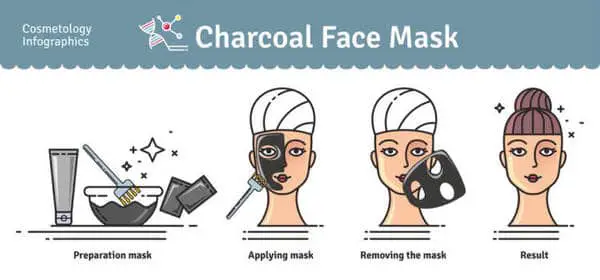
How to apply a charcoal face mask
First off, making a charcoal mask can be a bit messy if you’re not careful. The powder is very light, meaning it can be blown around easily. That said, you should make your mask in a spot away from open windows. It is also good to cover surfaces to avoid staining.
After combining all the required ingredients, then move on to apply the paste. Here are the steps to apply a charcoal mask so you can get the most out of it.
Gently cleanse your face beforehand: It sounds obvious, right? Before applying a charcoal face mask, you need to wash your face to remove dirt, oil, and makeup. This prepares your face so that the mask penetrates deeper into the pores.
Apply the mask: After cleaning your face, use your fingertips to spread the mask evenly and smoothly all over your face, including your forehead, cheeks, nose, and chin. Next, gently massage the mask into your skin using a small soft-bristled brush, and be careful not to get into the eyes or your mouth.
Allow the mask to dry for 15 minutes.
Next, rinse the mask off with warm water if it is a clay mask. For a peel-off mask, all you need is to gently peel it off and rinse your face with cold water. Finally, dry your face and apply your favorite moisturizer.
How often should you apply a charcoal mask?
How frequently you use a charcoal mask depends on a number of factors, including how sensitive your skin and the experience when you apply. Generally, it is best to apply a charcoal mask at most twice a week. If you experience dryness after using a charcoal mask, you will be better applying once per week or every two weeks.
When to use a charcoal mask
If you need to harvest the benefits of a charcoal face mask, there are times in your life when applying a mask might be appropriate and even make sense.
When breaking out: If you are breaking out, a charcoal mask can give you the exact TLC you require to escape unwanted breakout by absorbing the excess oil and impurities from your skin.
The night before a date: Every time you are going for a date, you certainly want to have a clear, flawless complexion that pleases the special other. A charcoal mask is all you need to get that clearer and smooth-looking skin.
When going to bed: We all crave that feeling of freshly cleansed skin before hopping onto the bed. Using a charcoal face mask will make you feel accomplished when getting to bed, help you get a good night’s sleep, and wake up feeling refreshed.
Before taking a skincare selfie: If you live on this planet, you have seen face masks gracing social media feeds. Black charcoal has a host of skincare benefits and doesn’t disappoint when it comes to giving you flawless skin for a skincare selfie. Interestingly, it takes only a few minutes to get yourself ready for an ultimately Pinterest-worthy photo.
When you’re deprived of a good night’s sleep: A charcoal face mask doesn’t just make your face perfect; it can potentially help fake a full night’s sleep when you’re sleep-deprived,
When the weather gets cold: The last thing you want in life is dull skin. Considering that weather changes due to the season can affect the look of your skin, applying a charcoal mask will give you smooth and brighter skin.
Safety tips when using charcoal face masks
While charcoal is generally regarded as safe for use on human skin, there are few safety tips that can help beauty aficionados get the best out of charcoal masks. Here are some safety precautions you need to observe when using charcoal face masks.
Keep the mask away from your eye and mouth: Although the charcoal paste you apply to your face has a soft texture, it has small granules that can scratch the surface of your eye. For this reason, it makes perfect sense to apply it carefully. Besides, the activated charcoal used in face masks is not FDA-approved, meaning it can wreak havoc when ingested.
Be on the lookout for allergy symptoms: When using charcoal face masks, you need to be very keen on allergic reactions or skin sensitivity. If you develop any adverse symptoms, it is a good idea to stop using these skincare products.
Do not overuse the masks: Even with their benefits, charcoal masks can dry out your skin. That said, it is a no-brainer that you need to use it moderately, at most two times a week.
Conclusion
If you’re looking for a natural way to give your skin a healthy glow, a charcoal face mask has you covered. Although you can use grilling charcoal to enhance the look of your skin, the results will not be prevalent, like in the case of using activated charcoal.

